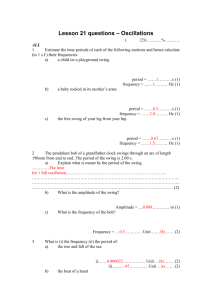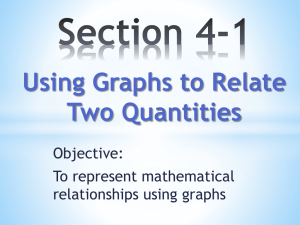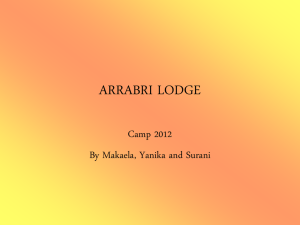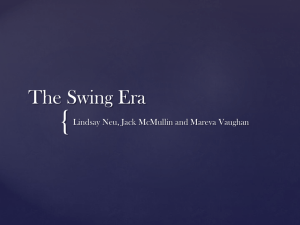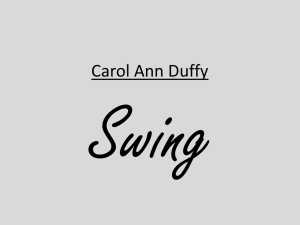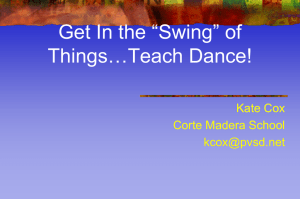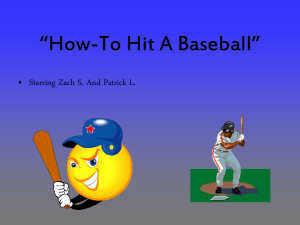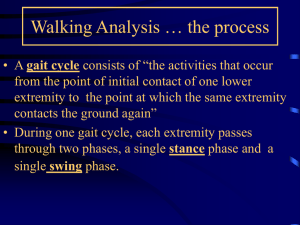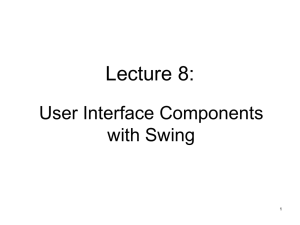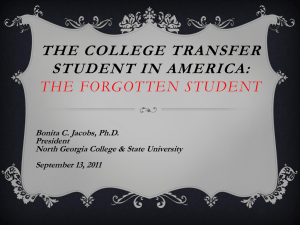Swing Genre Powerpoint
advertisement
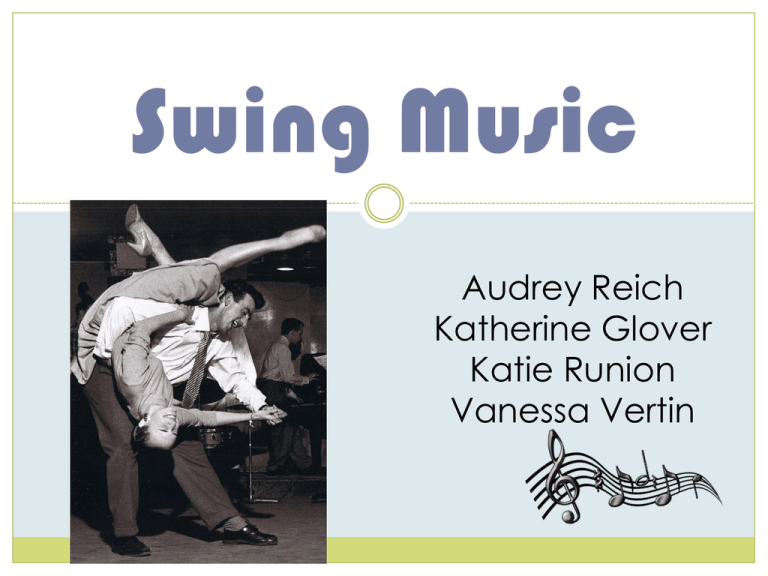
Swing Music Audrey Reich Katherine Glover Katie Runion Vanessa Vertin The History of Swing Music In the mid-1930s Swing music came alive. During the 1930s Americans suffered significantly from the Great Depression. In the 1940s swing continued in its popularity especially as families longed for their loved ones who were fighting across the seas during World War II. The Swing Era The optimistic feel of swing music lifted the spirits of the American people during the hard times. Swing music quickly became our national dance and big bands were playing this style of music. This period in time was thought of as the “swing” era. Famous Swing Leaders Famous orchestra leaders such as Duke Ellington, Count Basie, and Benny Goodman led some of the great bands of the era. Swing music was played on radios from coast to coast & heard in the movies. What is Swing Music? Swing is the basic rhythm of jazz. Swing is best categorized for its unique upbeat rhythm & the sense of motion it portrays. It is also considered to be a specific type of early jazz. The rhythm & beat, exclusive to swing music, makes swing listeners want to dance. Band leader, clarinetist Started at age 10 In the mid 30’s, Goodman led one of the most popular musical groups in America Benny Goodman 16 -18 piece big band Awarded The Grammy 17 times After Basie’s death in 1984 they are now a “ghost band” Count Basie Orchestra From New Orleans Played trumpet, bandleader & vocalist Oldest artist to have a Billboard #1 song (age 63) Louis Armstrong Composer, pianist, and big band leader Awarded the Grammy Lifetime Achievement Award in 1966 Duke Ellington Modern Swing Swing Music in the Classroom Play swing music in the background while students work. Show students some of the “lindy hop” swing dance steps. After viewing the clip let the children dance freely to swing music, encourage them to incorporate swing moves. Relate swing music to children through modern examples. Students Explore Swing Music Allow students to dress like swing dancers would have dressed. Students can make up their own swing dance. Ask the children how they felt when they listened and danced to the swing music. As a class, compare how they felt and how past children probably felt when they listened to swing music.
